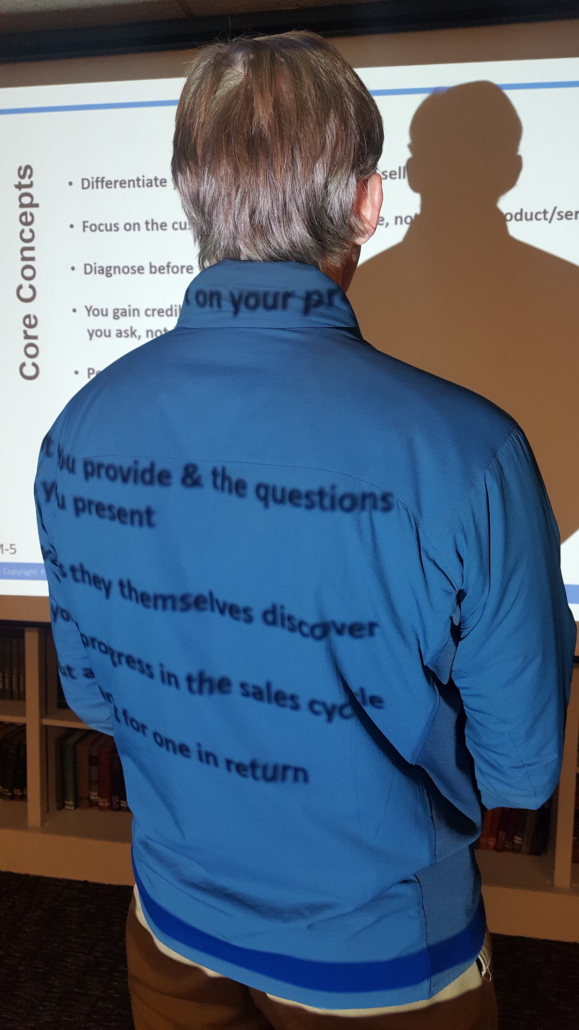We live in a cynical world. Americans trust government and politicians less and less, but it’s not just Washington D.C. that has shaken our confidence. American trust in the media has declined, and even our trust in each other. A study done in 2013 found that almost two-thirds of Americans trusted each other, and we can safely assume our trust levels have declined since then given the political climate of recent years.
The reasons behind that decreasing level of trust in institutions and each other are complicated and sometimes unclear. But the result is the same: People trust less and that makes your job harder, because you need trust to sell.
Sales Requires Trust
Although you didn’t do anything to make the prospect not trust you, it’s still your job to earn that trust. Yes, it seems unfair, but consider this: If you take the time to earn that prospect’s trust and your competitor doesn’t, who will get the sale when that prospect is ready to buy? The person they trust. So be that person.
It’s easier than it sounds because trust is not to be taken lightly. In order for someone to trust you, they must take a risk. And once trust is violated, it’s that much harder to re-establish the trust you’ve lost. You no doubt recognize this to be true in your personal relationships where trust is vital, but it is true in your professional relationships too—especially when you’re in sales.
7 Ways to Earn Trust in a Cynical World
So what are you to do when you’re the victim of a societal drop in trust that’s affecting your ability to sell? Takes steps to be a trustworthy person in the eyes of your prospects. Below are seven ways you can easily do so:
- Be genuine. Our days are full of fakes, from the staged images on Instagram to the phony posts on Facebook. Although we’re immersed in social media which in theory means we’re connected to all kinds of people, most of what we see is misleading because people are rarely authentic in such a public arena. The last thing your prospect wants to deal with is yet another poser. So be yourself. Authenticity can’t be faked.
- Be a person of integrity. Follow the rules. Be polite to strangers. Say please and thank you. Respect your prospect’s time. Don’t bad mouth other people or companies. Be someone above reproach.
- Keep your word and do what you say you’ll do…even if it’s a little thing. If you schedule a phone call for 10:00 a.m., don’t call in at 10:03. If you say you’ll email a document by the end of the day, get it sent, even if you have to stay late to keep your promise.
- Ask questions. Ask what you can do for the other person. Ask about their jobs and what they struggle with and wish they could do better or differently. Show a genuine interest in the other person as a person, not a potential sale.
- Keep people informed. Let’s say they have placed an order and there is some kind of delay. Let them know about the delay, even if you think it won’t really matter in the long run or the delay seems like a minor issue. It will mean a lot to the customer that you kept them in the loop.
- Be kind. This world is sadly short on kindness these days. Be kind even if you get nothing in return for it.
- Trust first. Trust requires risk and vulnerability. If you trust first and open yourself up in that way, it will be easier for your prospect to trust you in return.
None of these is an overnight solution to your (and our) trust problem. Rather these are seven “ways of being,” if you will, that you must make daily habits so you’re seen as a trustworthy salesperson all the time, not just when it matters most because money is at stake.
But it’s worth the time and effort, because people buy from people they trust. So be that person…and help to make the world a better, less cynical, place at the same time.

